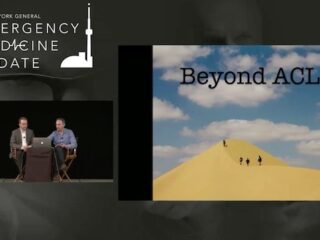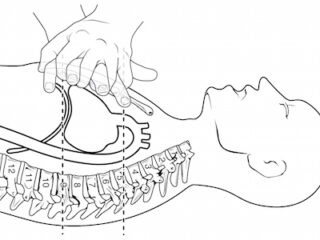EM Quick Hits 10 – TXA CRASH-3, CJEM Cellulitis, Double Defib, Serratus Anterior Block, PARC score, Toxic Shock Syndrome
Sarah Reid on pediatric appendicitis risk calculator, Sheldon Cheskes & Mark Ramzy on double defibrillation for refractory ventricular fibrillation, Hans Rosenberg & Krishan Yadav on cellulitis clinical pearls, Anand Swaminathan on serratus anterior block, Brit Long on recognition of toxic shock syndrome, Justin Morgenstern on tranexamic acid in head injury and CRASH-3...




